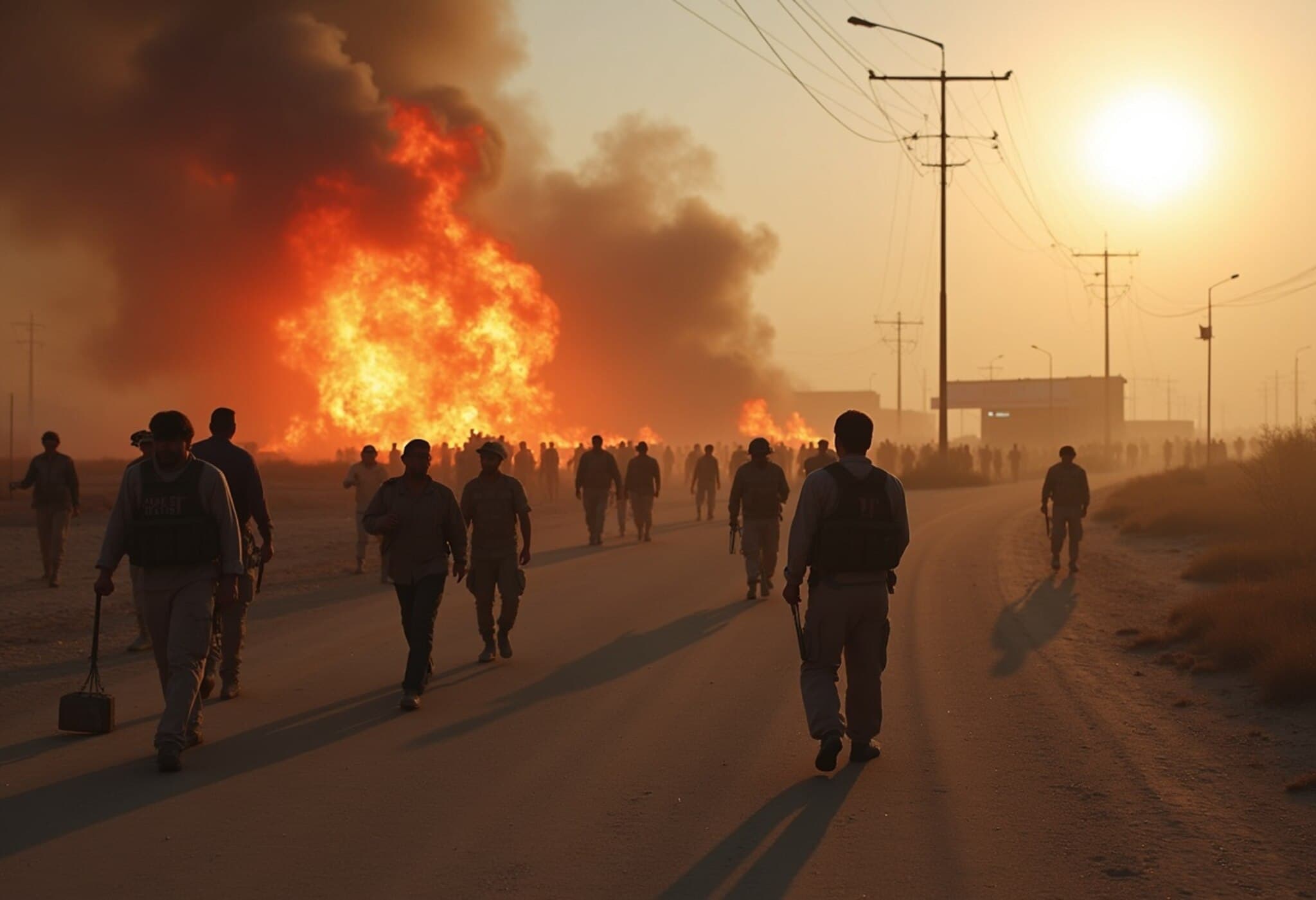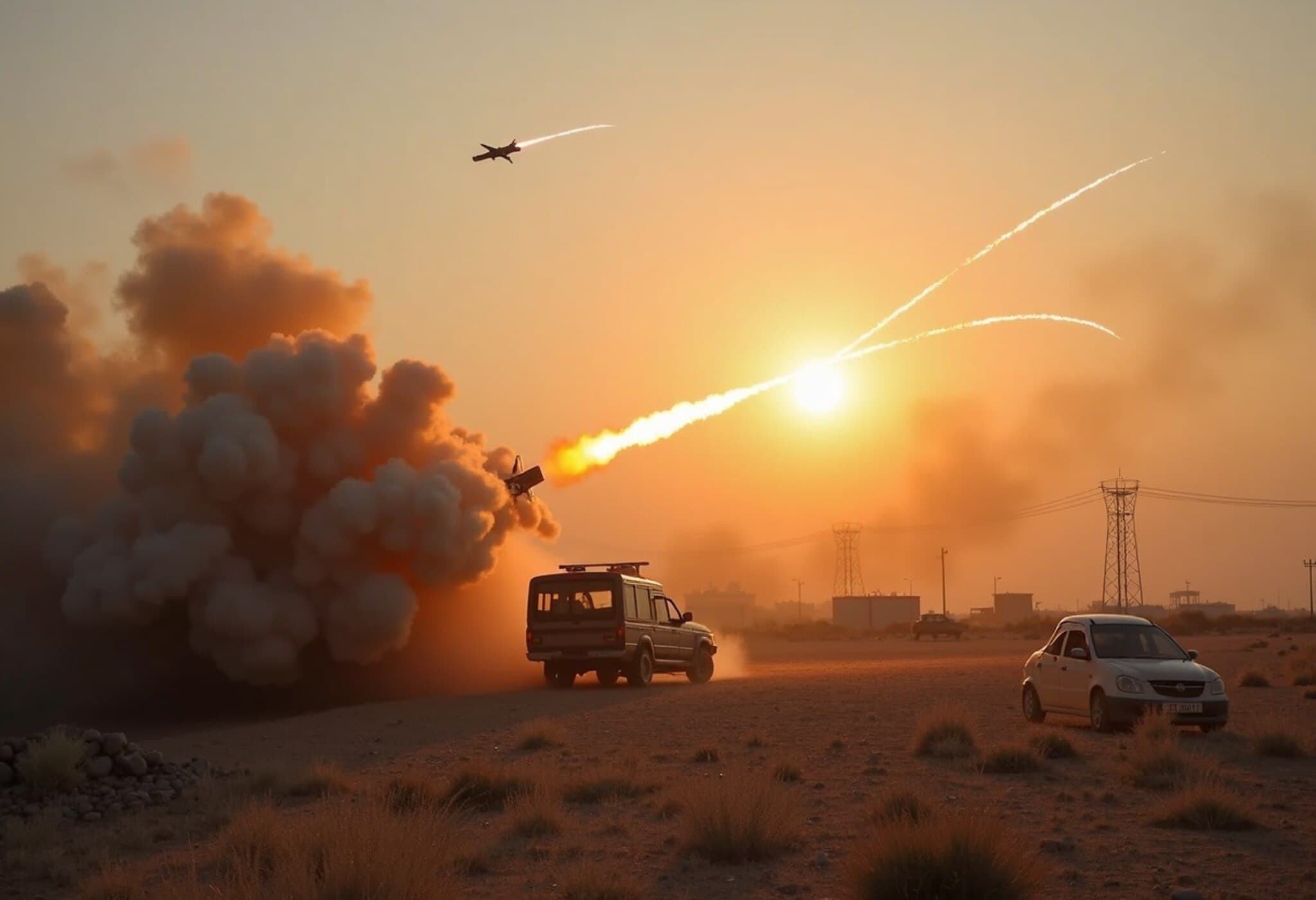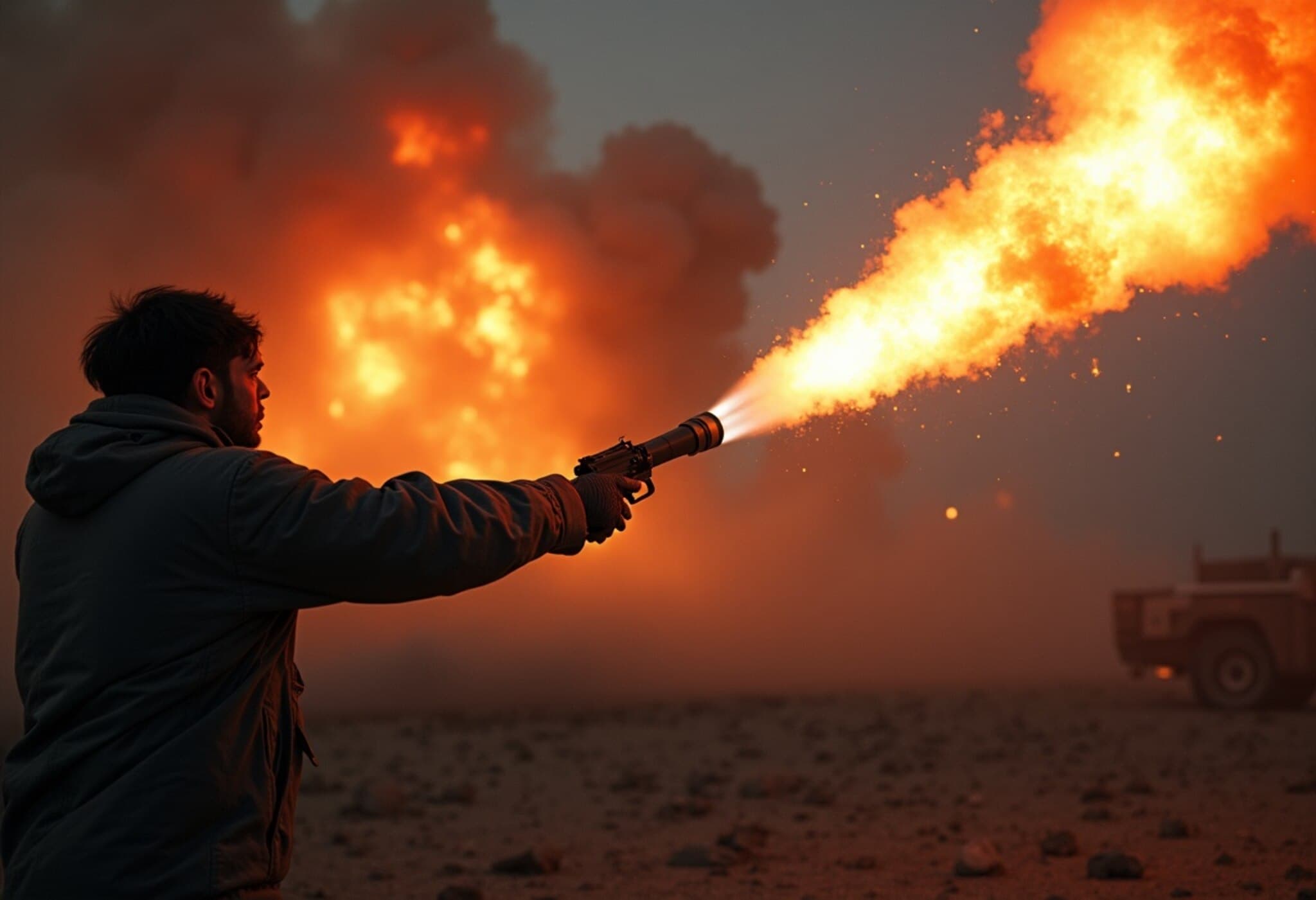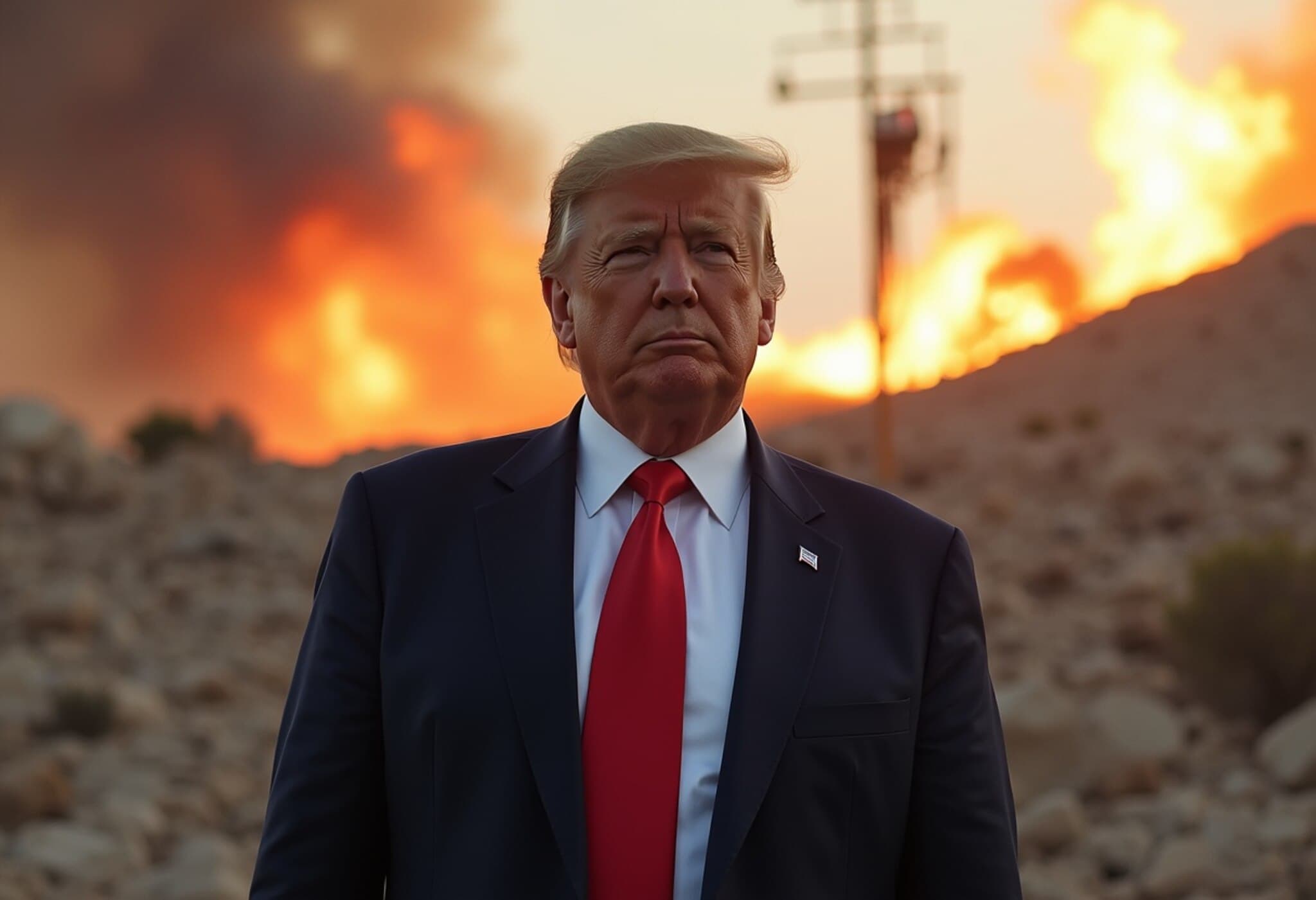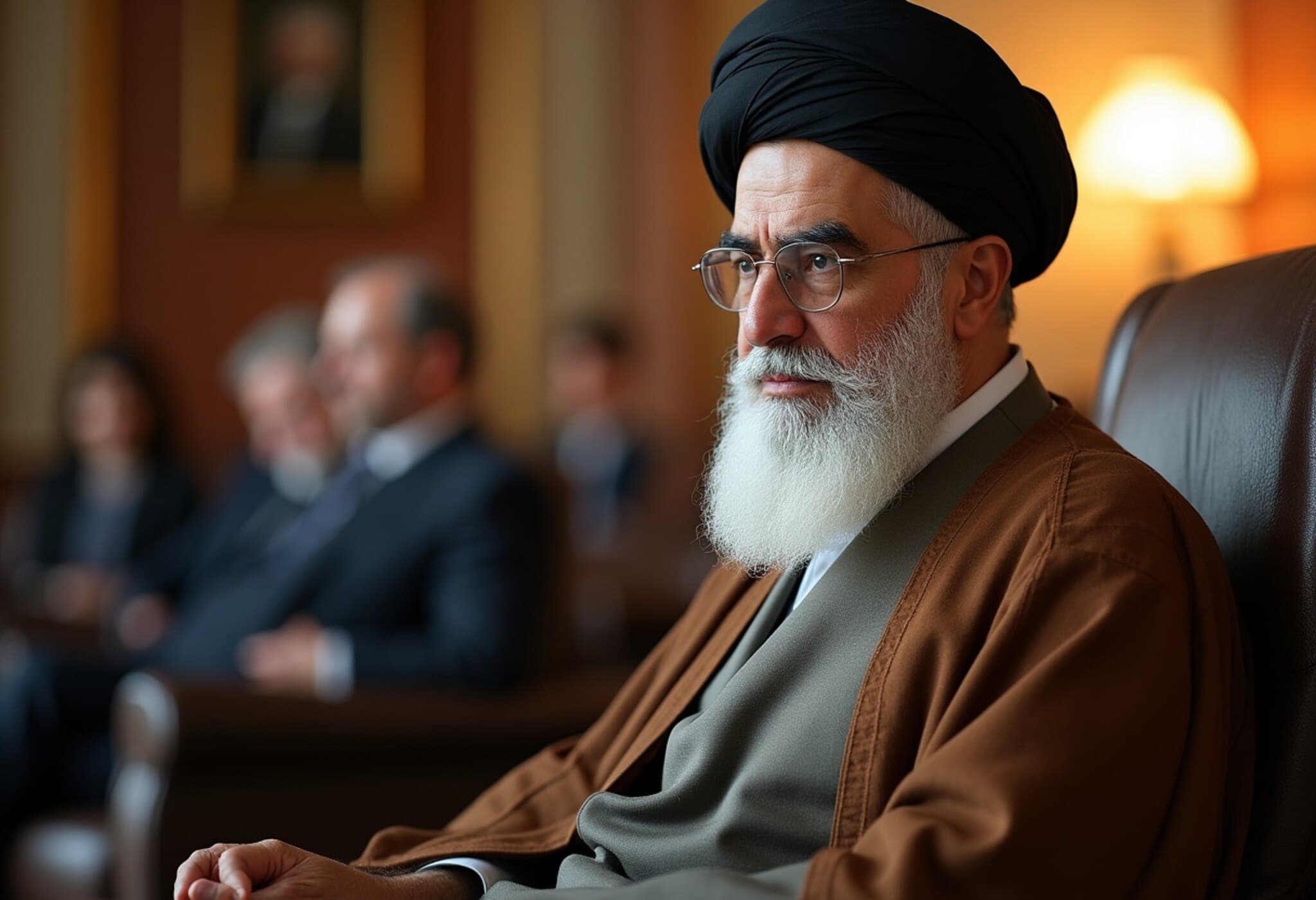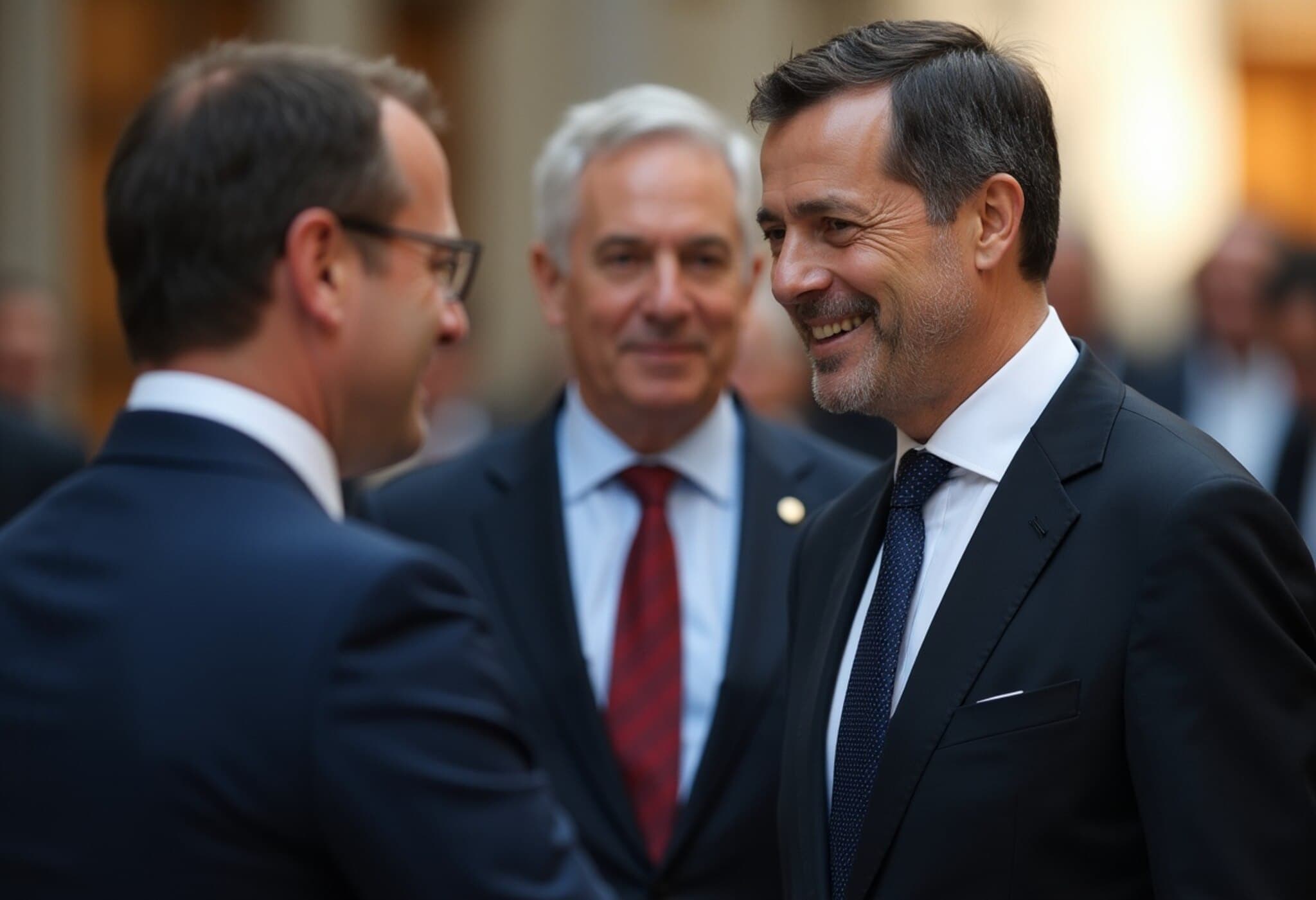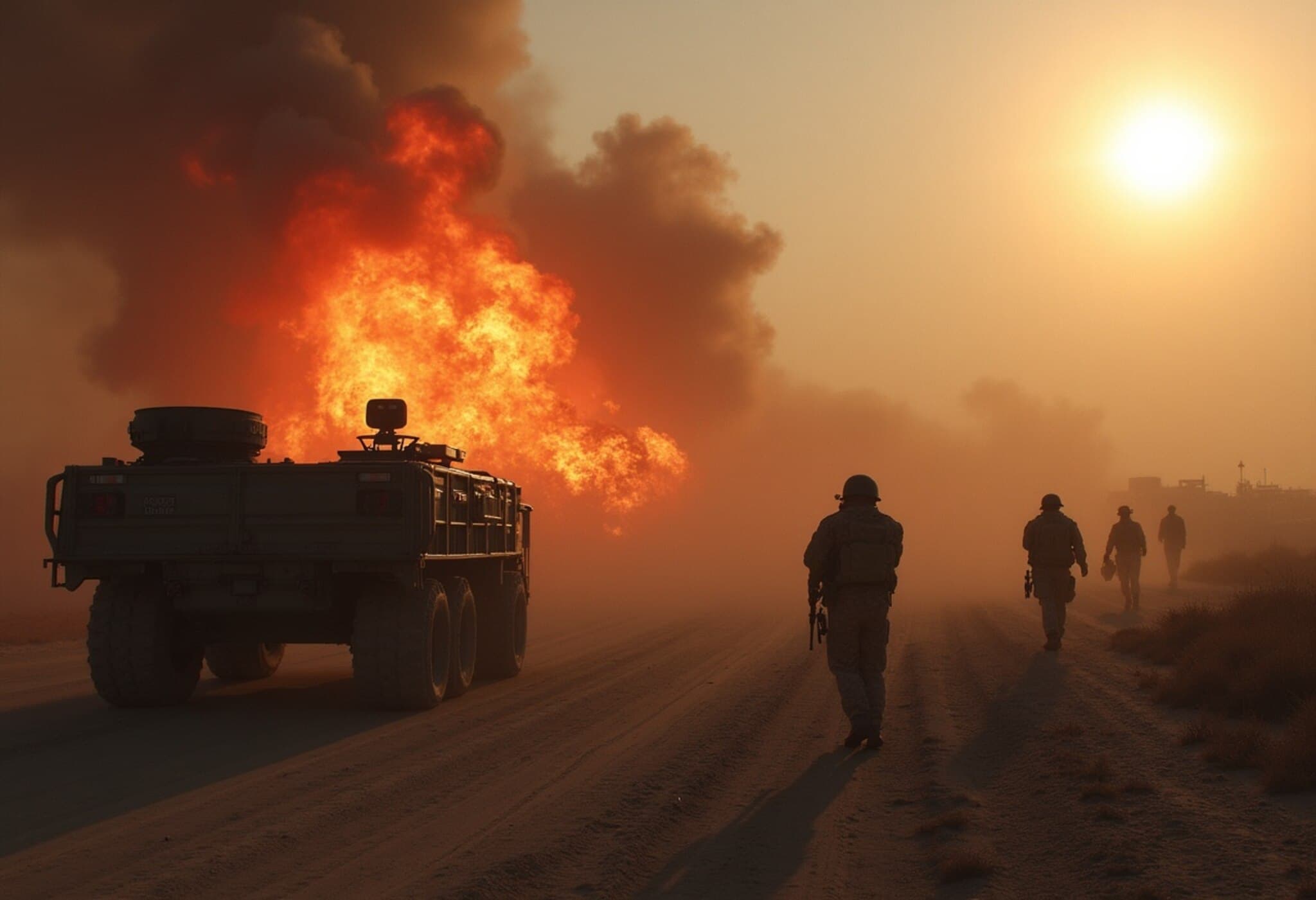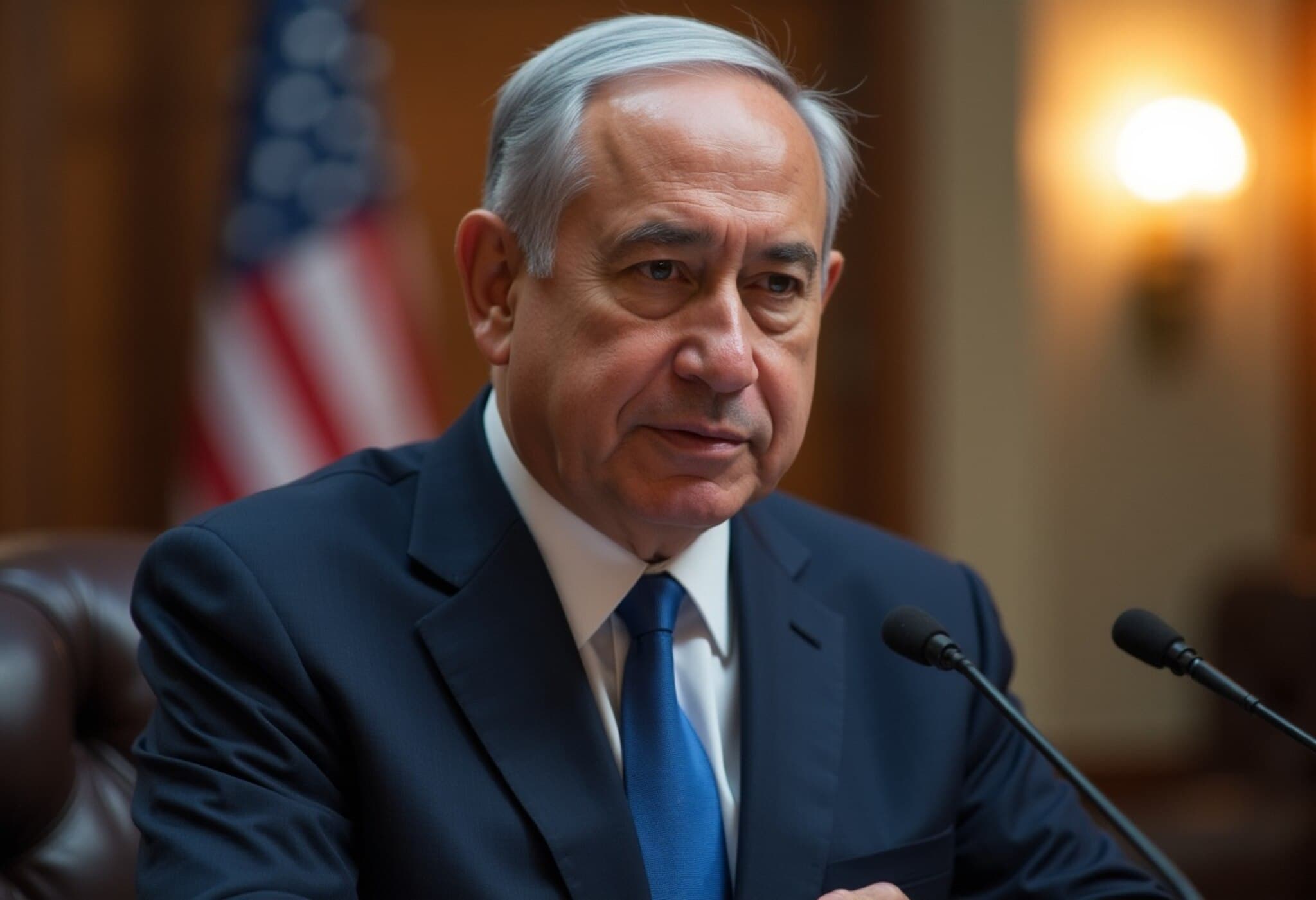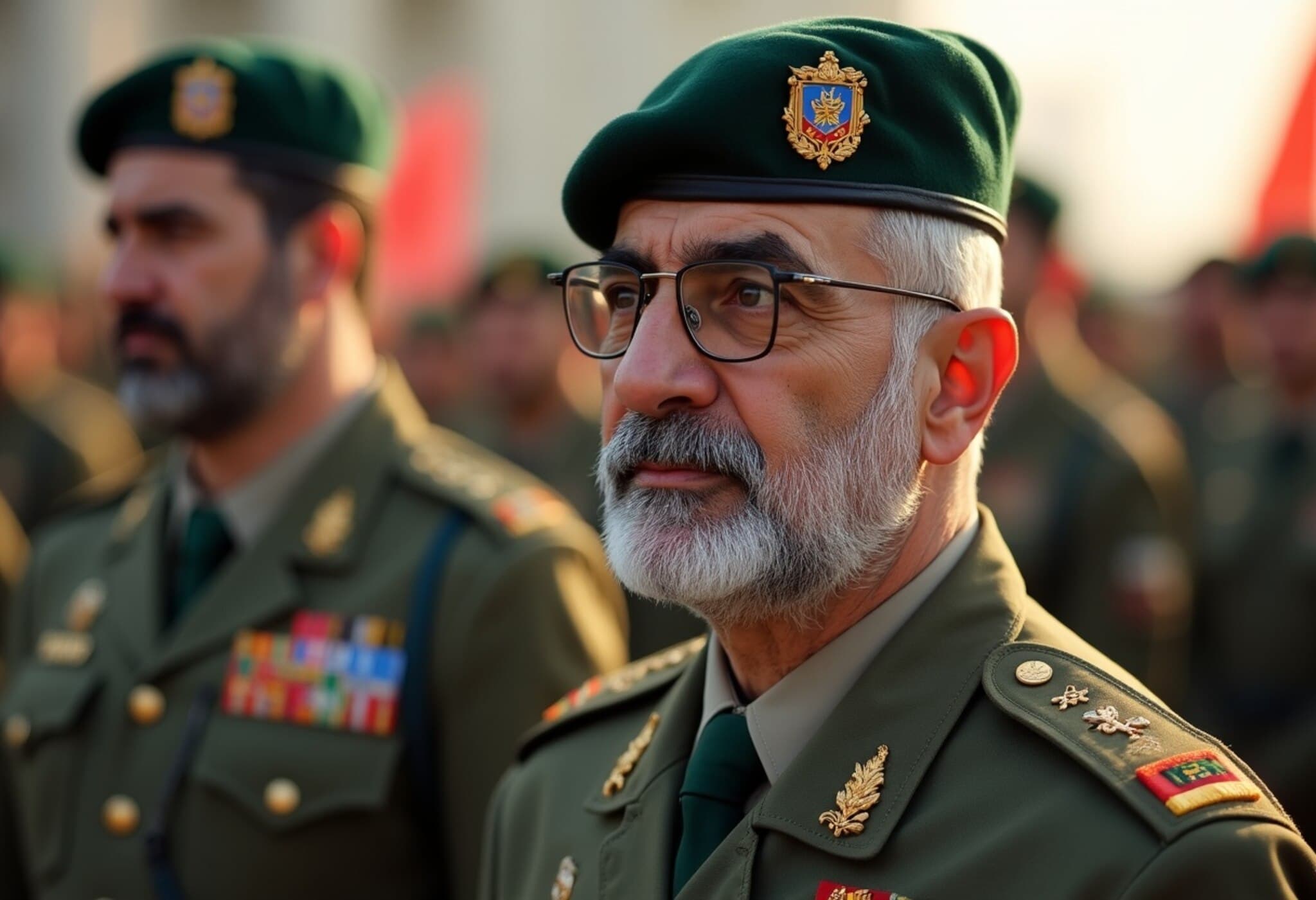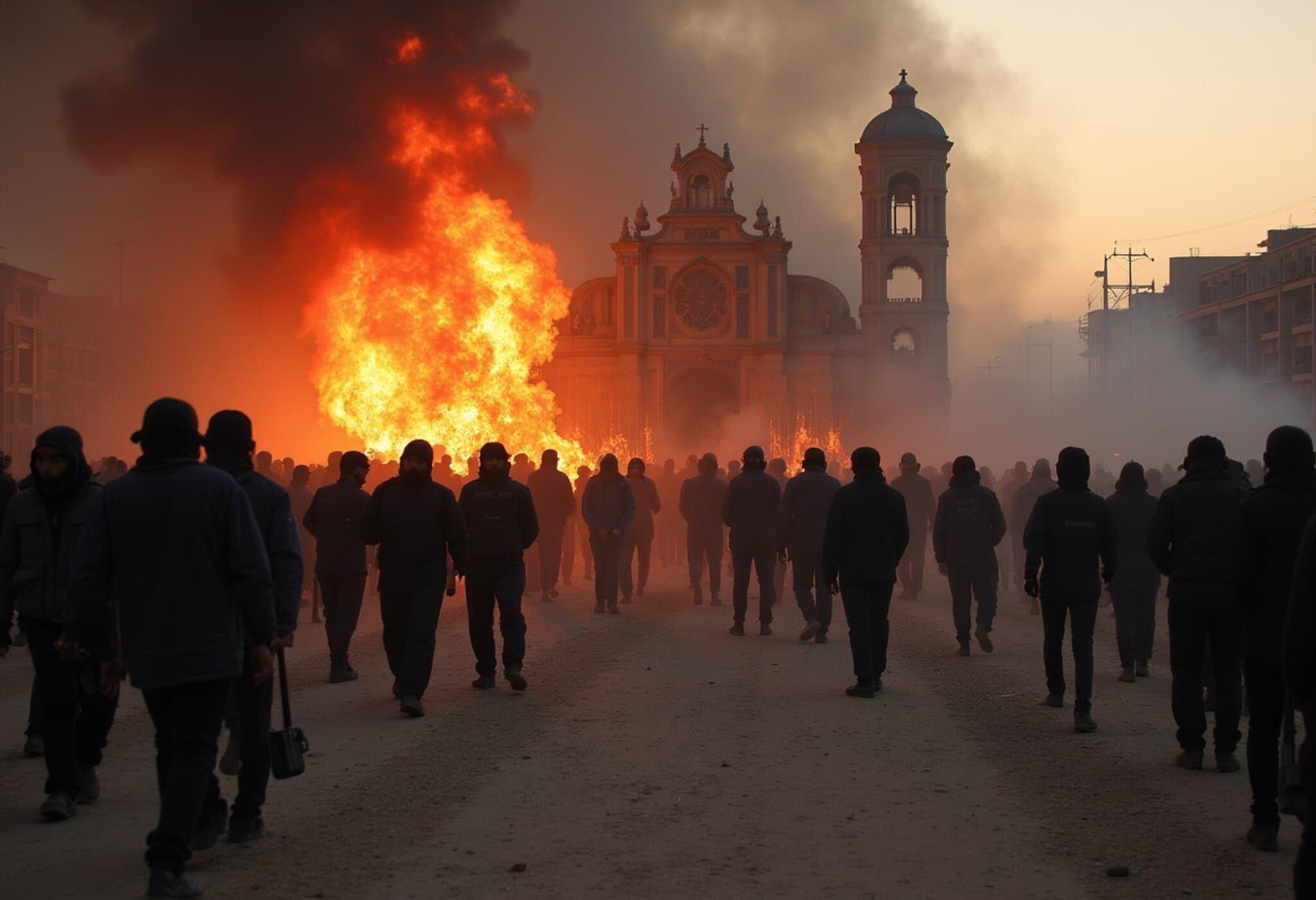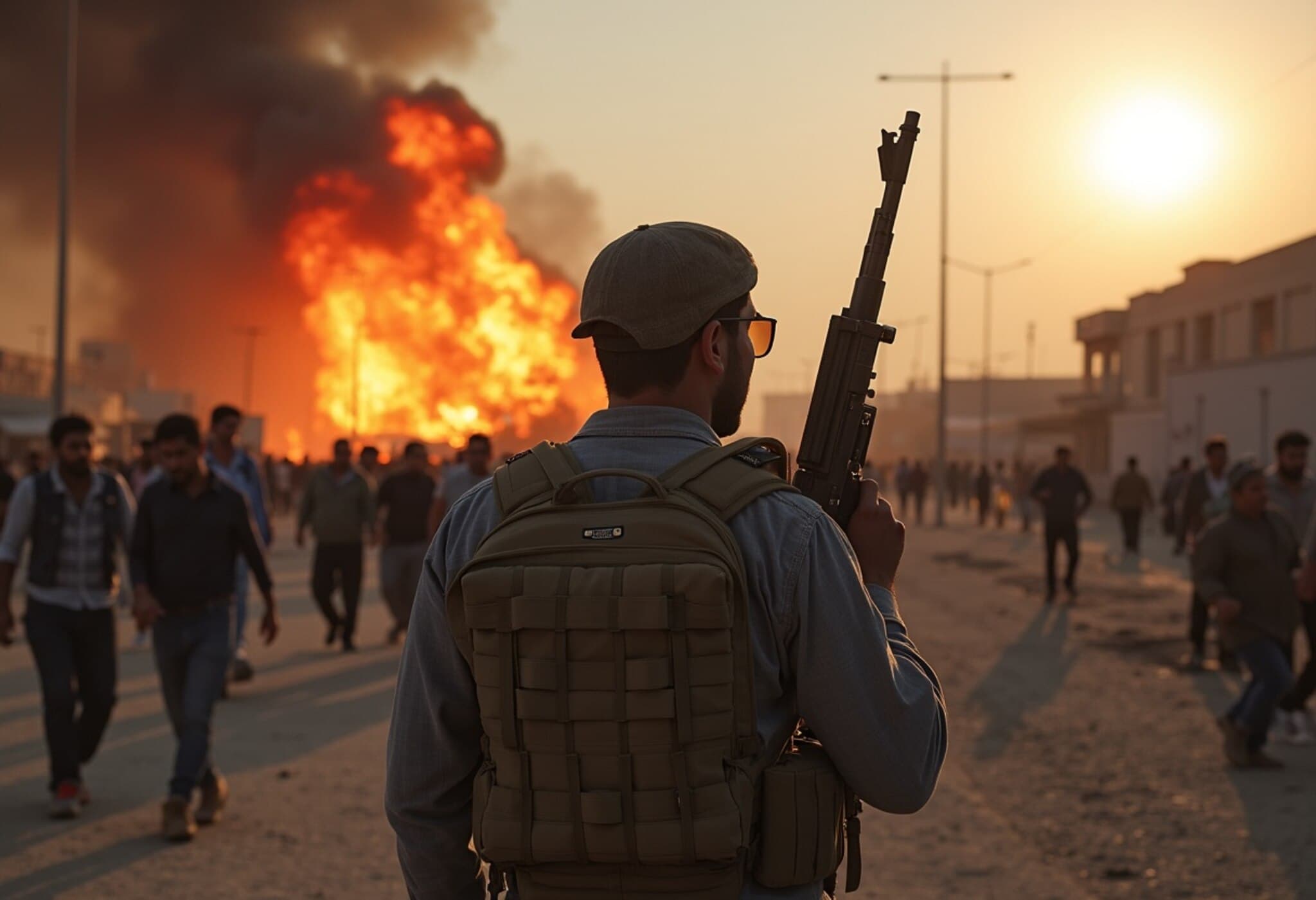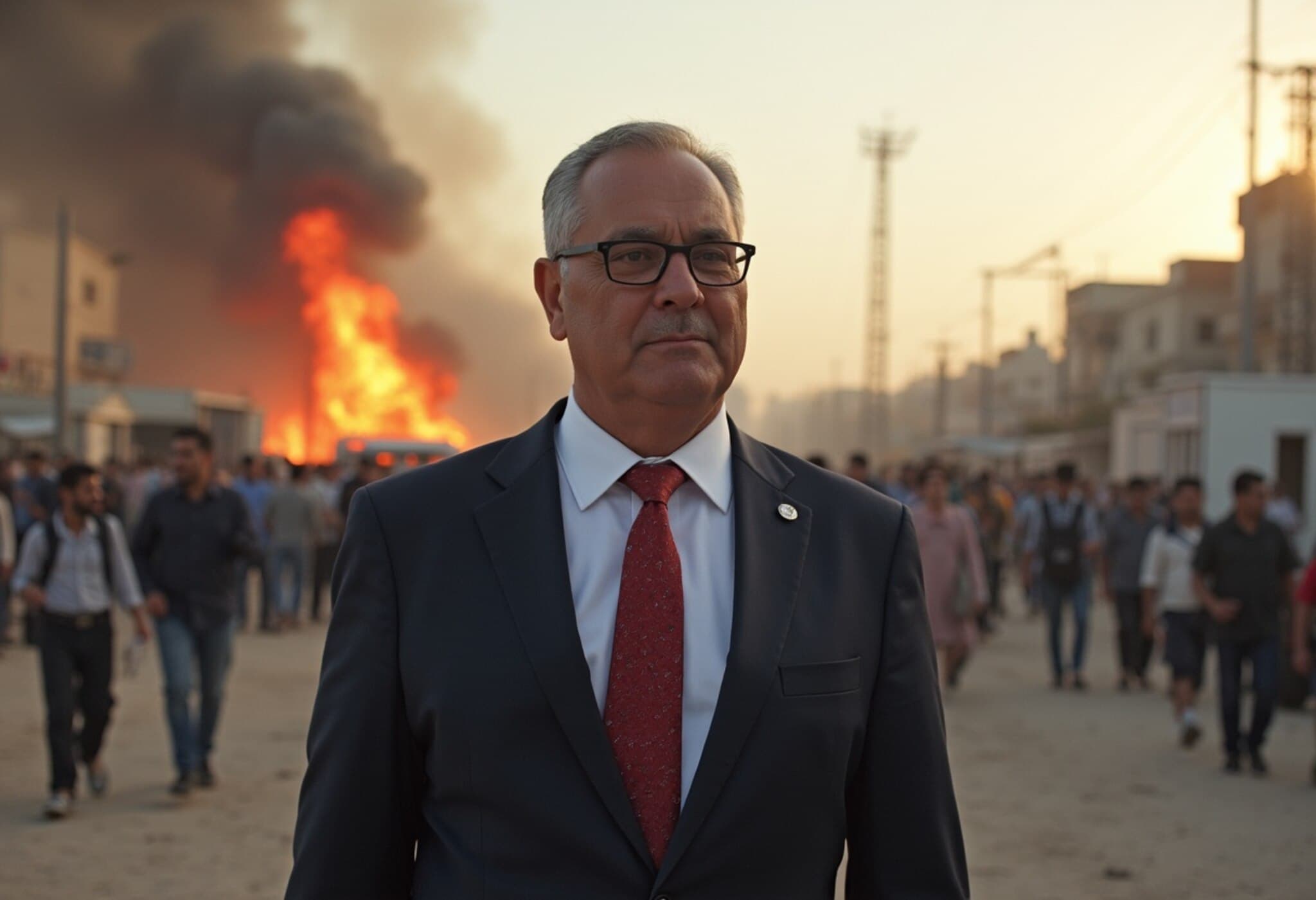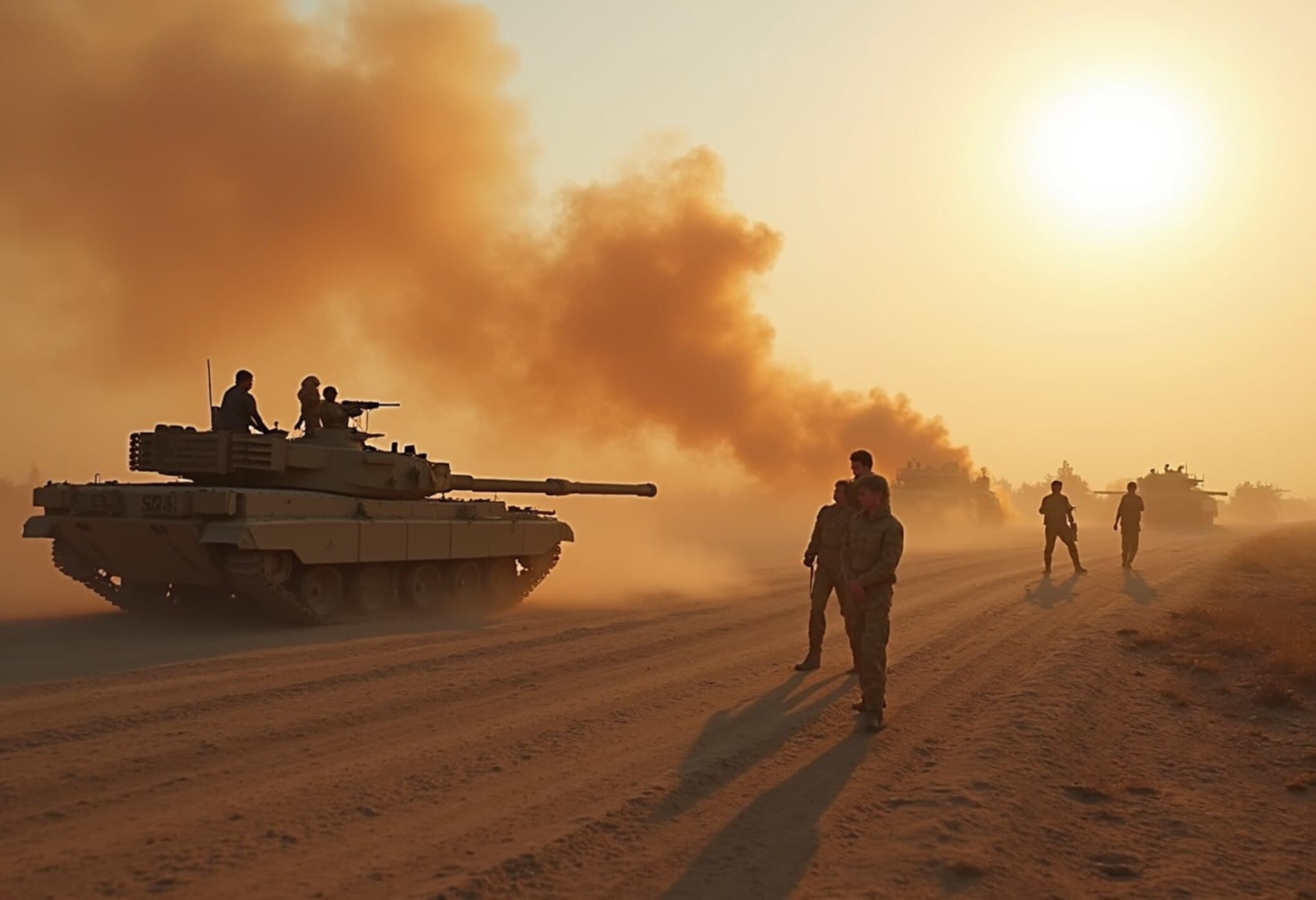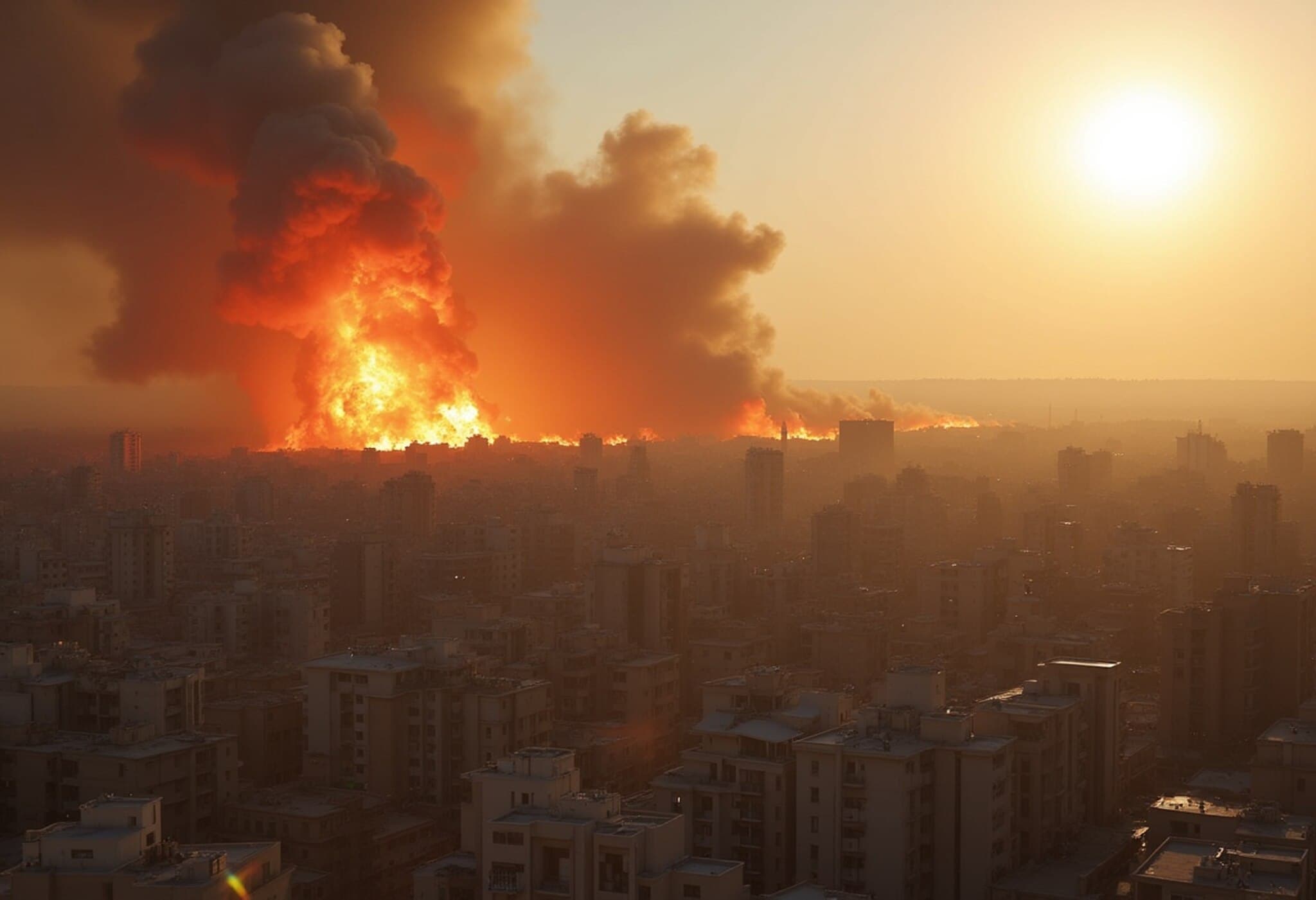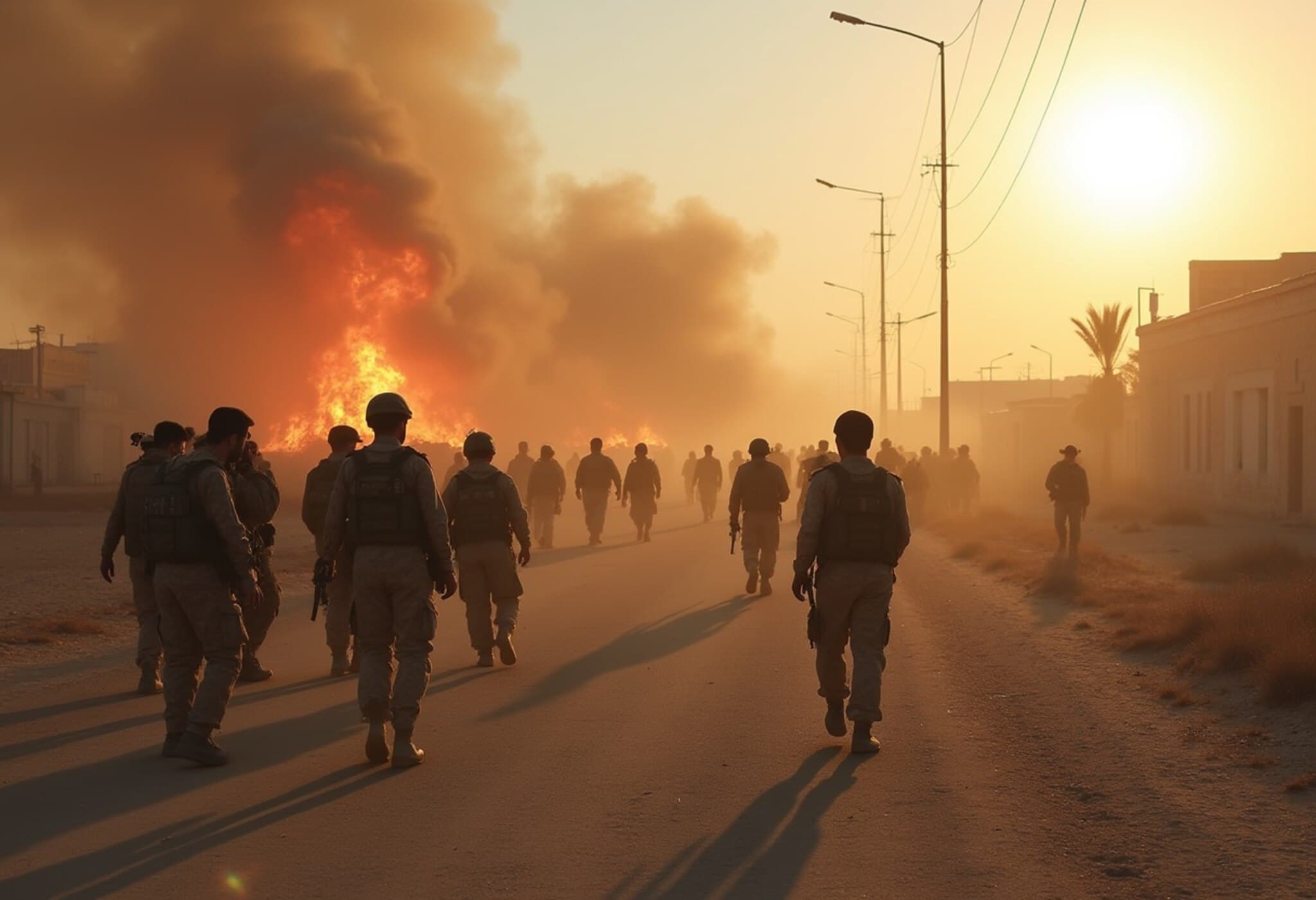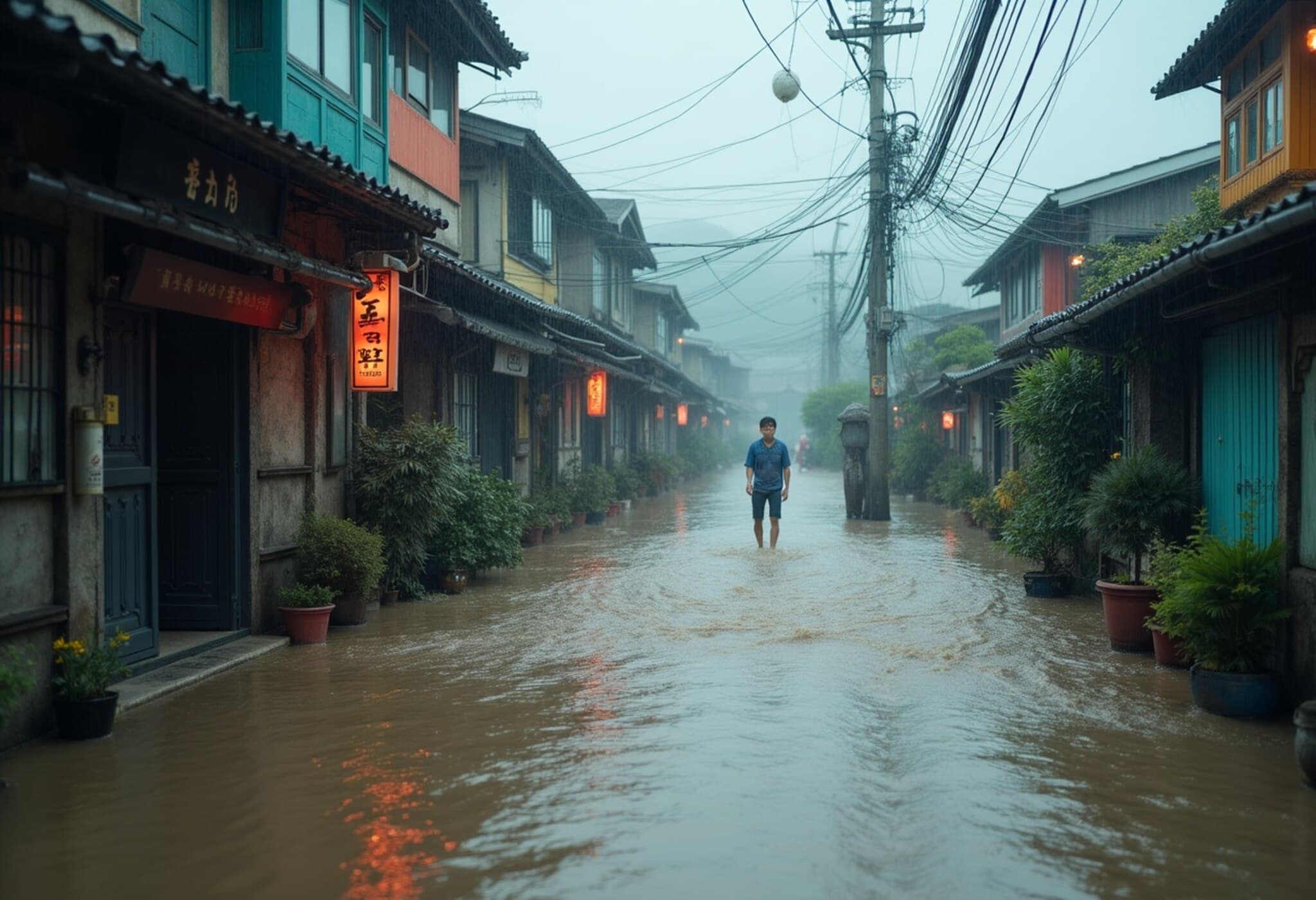US and International Response to Rising Violence in Syria
In a significant development following Israeli airstrikes on Syria’s defense ministry in Damascus, the United States has announced that "specific steps" have been agreed upon to quell the escalating violence. This move comes amid intensified clashes in the Suweida province, where over 300 lives have reportedly been lost since the emergence of sectarian conflict between Druze militants and Bedouin tribes.
Details of the Israeli Airstrikes and Regional Impact
On Wednesday, the Israeli military launched a series of precision strikes targeting Syria’s defense ministry and areas close to the presidential palace in Damascus. The offensive was presented by Israeli Prime Minister Benjamin Netanyahu as an effort to safeguard the Druze community in southern Syria, describing the Syrian government forces as “regime gangs” threatening regional stability.
Netanyahu emphasized, “Our forces are working to save our Druze brothers and to eliminate the regime’s gangs.” This marks a sharp escalation in hostilities between Israel and Syria’s interim government led by President Ahmed al-Sharaa, whose administration had maintained warming relations with the US and shifting security engagements with Israel.
The Complexity of Syrian Internal and Regional Dynamics
The recent surge in violence is not only a continuation of sectarian strife within Syria but also reflects the intricate geopolitical contest involving regional and international powers. The Druze, a minority religious group, has found itself increasingly vulnerable amidst ongoing battles. Israel’s intervention signals a complicated strategy aimed at protecting certain minority communities while limiting the Syrian government’s military movements in the south.
US Secretary of State Marco Rubio’s Statement and Diplomatic Developments
Expressing deep concern, US Secretary of State Marco Rubio conveyed on social media his hopes that the situation would resolve swiftly. He stated, “We have engaged all the parties involved in the clashes in Syria. We have agreed on specific steps that will bring this troubling and horrifying situation to an end tonight.” Rubio’s comments highlight intensified diplomatic efforts and underscore the urgency to halt the bloodshed.
Meanwhile, the United Nations Security Council is scheduled to convene to address the unfolding crisis. Israel’s ambassador to the UN, Danny Danon, urged the council to condemn the violence against civilians in Syria, reframing this as a critical humanitarian issue demanding immediate attention.
Syrian Government’s Position and Response
The Syrian foreign ministry publicly criticized Israel for what it called a “treacherous aggression” while simultaneously welcoming the US and Arab nations’ initiatives aimed at peaceful resolution. According to official state media, Syrian government forces have begun a strategic withdrawal from Suweida, signaling a potential de-escalation in the region.
Expert Insight: Understanding the Broader Implications
This escalation underscores the fragility of Syria’s path toward stability. The interplay of sectarian violence, foreign military intervention, and diplomatic engagements illustrate the delicate balance regional powers navigate. For the United States, supporting peace while containing Iran-aligned forces remains a contentious challenge. Israel’s targeted strikes emphasize its continued security concerns regarding Syrian territory acting as a platform for hostile operations.
Furthermore, the plight of the Druze community spotlights oft-overlooked minority groups caught in geopolitical crossfires, raising fundamental questions about protection, representation, and regional diplomacy.
What Lies Ahead?
- Monitoring ceasefire implementation: The success of the agreed "specific steps" depends on all involved actors honoring commitments to calm hostilities.
- UN Security Council actions: International pressures may pave the way for humanitarian corridors and negotiated settlements.
- Long-term stability efforts: Addressing sectarian grievances and fostering inclusive governance will be critical to prevent future flare-ups.
Editor’s Note
As this situation unfolds, it is crucial to remember that geopolitical maneuvers often come at the cost of vulnerable civilian populations. The international community’s focus should prioritize humanitarian relief and sustainable peacebuilding. Readers are encouraged to consider how minority communities like the Druze navigate survival amid conflicting national and international agendas, and what pathways exist to support their security without deepening regional tensions.
This episode serves as a stark reminder of the complex mosaic that defines Middle Eastern conflict — where old rivalries, new alliances, and external interventions create a volatile environment that demands nuanced, compassionate, and strategic responses.

